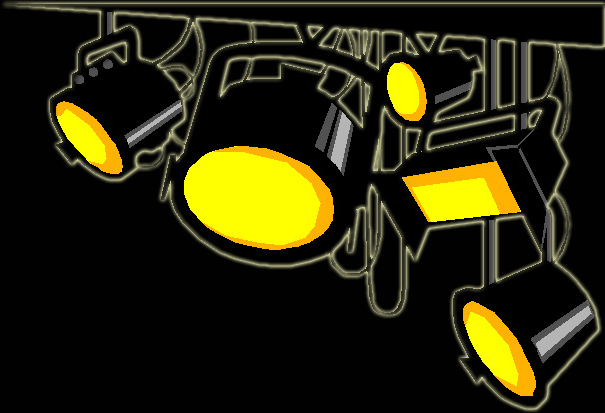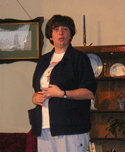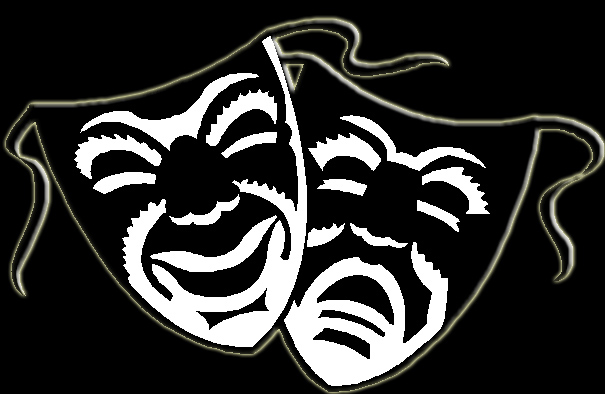


-
website designed by
- ALAN CARPENTER



Director David Atkinson is to be congratulated on assembling a uniformly excellent cast, and drilling them into a comic routine which left the audience scarcely any time to draw breath in an evening packed with laughter.
The six-strong cast, as a team, worked like a dream. Tabi Paternoster was the spinster sister of the family, secretly hoping for, yet doubtless ever despairing of, breaking her duck with the seemingly feckless brother-in-law, Norman, a splendidly judged performance by Martin Drummond who knew more than he was letting on, even to his trusting, but dizzy, wife, Ruth, played spot on form as ever by Amanda Oelrichs. There was also a touchingly delightful performance by Jimpy Casson of Annie's would-be suitor, Tom, the veterinary surgeon who seemed, on balance, more at home with the animal kingdom than the human one.
At the core of the action, however, motivating most of the action and generally making life difficult for everyone else, were the visiting relatives, sister-in-law and brother Sarah and Reg, superbly played by Heather and Alan Carpenter, pulling in opposite directions throughout, and generally confounding anything that could be called progress, let alone peace and quiet. Sarah's insistence that sittings at the table for Sunday dinner should be 'comme il faut' (man and woman alternatively) ended up after protracted argument and experiment with three blokes and three girls sitting together, a hilariously high spot in the action.
When Wymondham Players and good material collide, there is the recipe for a successful and entertaining evening, leaving audiences delighted and immensely satisfied. This production was no exception. David Paternoster's setting was, as usual, immaculate, and the whole cast and production team assured all concerned of an evening to remember.
David Hare













